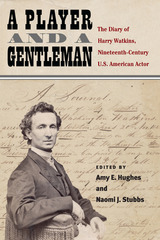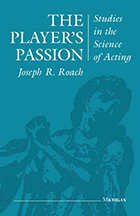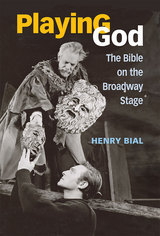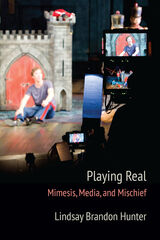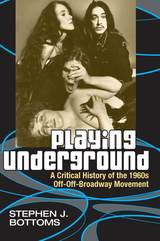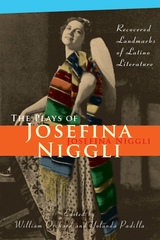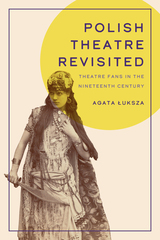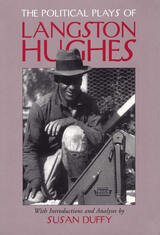Widow City: Gender, Emotion, and Community in the Italian Renaissance
University of Delaware Press, 2025
eISBN: 978-1-64453-361-1 | Cloth: 978-1-64453-360-4 | Paper: 978-1-64453-359-8
See other books on: 16th Century | Community | Emotion | Italian | Italian Renaissance
See other titles from University of Delaware Press
eISBN: 978-1-64453-361-1 | Cloth: 978-1-64453-360-4 | Paper: 978-1-64453-359-8
ABOUT THIS BOOK | AUTHOR BIOGRAPHY | TOC
ABOUT THIS BOOK
Widow City: Gender, Emotion, and Community in Renaissance Italy investigates the ever-evolving role of the widow in medieval and early modern Italian literature, from canonical authors such as Dante, Petrarch, and Boccaccio, to the numerous widowed writers who rose to prominence in the sixteenth century—including Vittoria Colonna, Veronica Gambara, and Francesca Turina—and radically changed the conversation on public mourning. Engaging with broader intellectual discussions around gender, the history of emotions, the politics of mourning, and the construction of community, Widow City argues that widows served as key models demonstrating to readers not just how to mourn, but how to live well after devastating loss. At the same time, widows were figures of great anxiety: their status as unattached women, and the public performance of their grief, were viewed as very real threats to the stability of the social order. They are thus key to broader intellectual understandings of community and civic life in the Italian Middle Ages and Renaissance.
See other books on: 16th Century | Community | Emotion | Italian | Italian Renaissance
See other titles from University of Delaware Press

